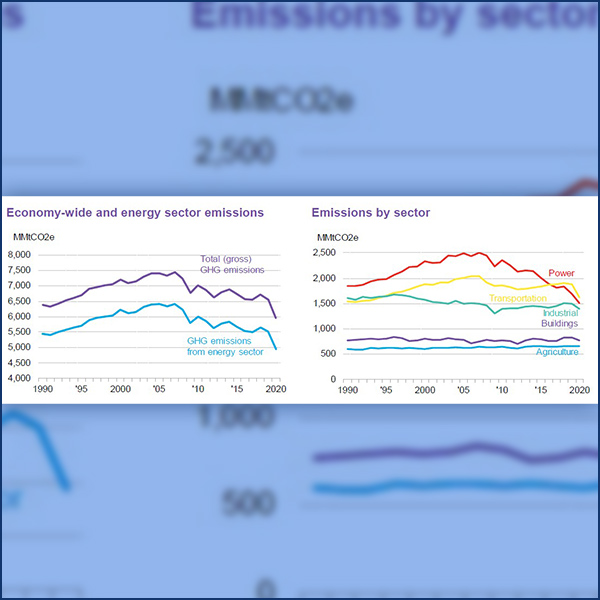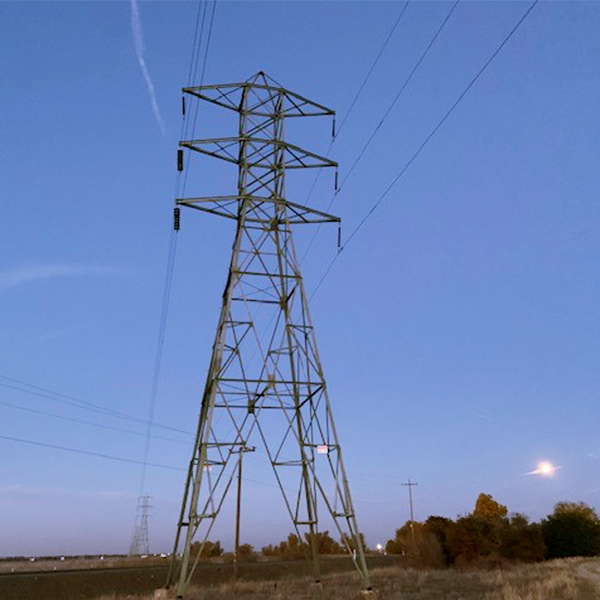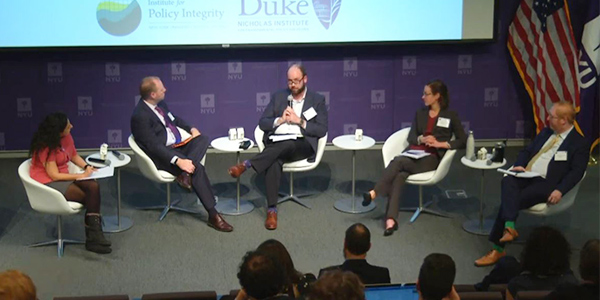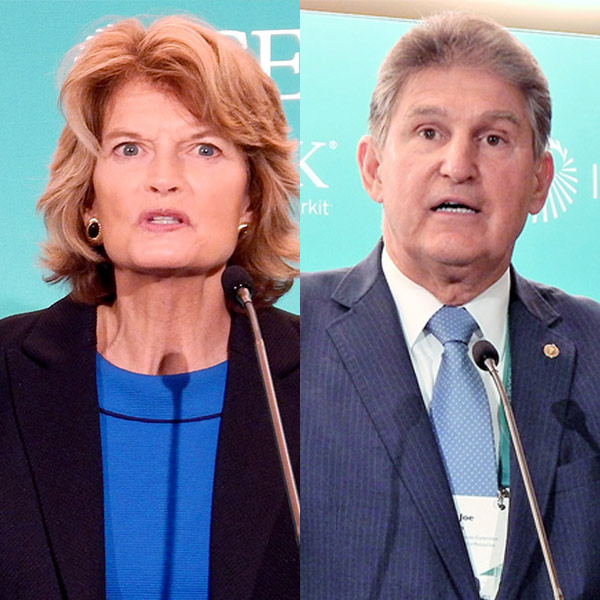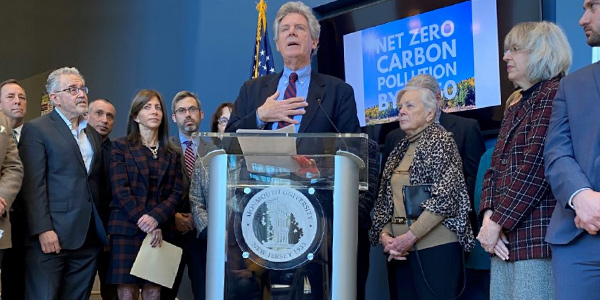Federal Policy
CongressDepartment of EnergyLoan Programs Office (LPO)Department of TransportationEnvironmental Protection AgencyFederal Energy Regulatory CommissionGeneral Services Administration (GSA)Interior DepartmentBureau of Land ManagementBureau of Ocean Energy ManagementNuclear Regulatory CommissionTreasury DepartmentWhite House
U.S. greenhouse gas emissions dropped by 9% in 2020, but experts say a repeat performance is unlikely.
Democrats and Republicans disagreed on how to ensure the country’s grid is clean, reliable and prepared for the next catastrophic weather event.
The Paris Agreement target of cutting carbon emissions by 1% annually should be increased to 1.8%, according to a University of Washington study.
A group of companies has formed the Net Zero Business Alliance to combat climate change and work with policymakers to achieve net-zero emissions.
Fishermen, environmentalists, labor unions and local residents broadly support the 132-MW South Fork Wind Project off Long Island.
The wind and solar industries were disappointed that Congress’ $2 trillion stimulus bill did not include extensions of production and investment tax credits.
Speakers at the ACORE Policy Forum said messaging for action to address climate change should emphasize the economic benefits of clean energy industries.
Carbon pricing's time may be nearing, but it won’t solve the climate crisis by itself or persuade states to abandon clean energy policies, speakers said.
Sens. Lisa Murkowski and Joe Manchin unveiled their long-awaited American Energy Innovation Act, incorporating some 50 bills previously approved.
Among provisions in a draft bill released by House Democrats, intended to reduce emissions by 2050, is a requirement for utilities to join an ISO or RTO.
Want more? Advanced Search
